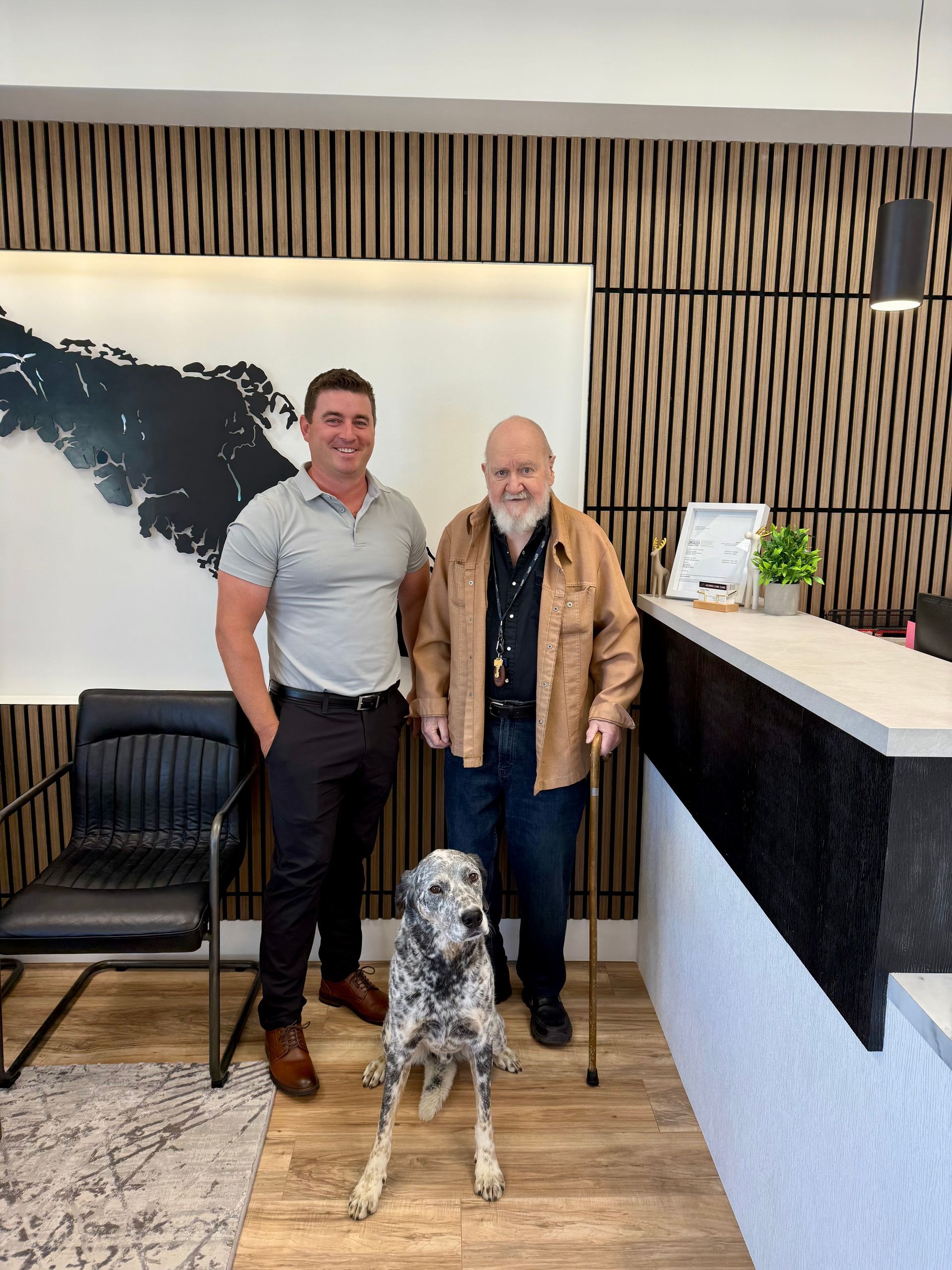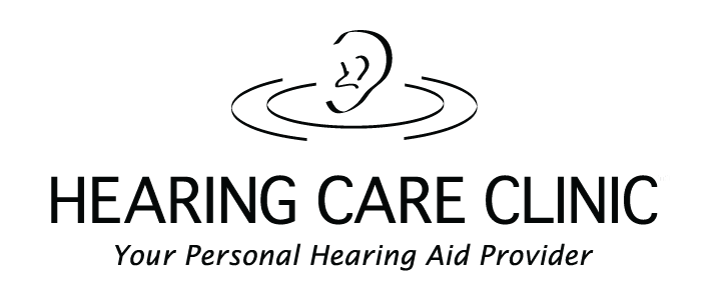Guide to Hearing Aid Technology
An important factor that influences the cost of hearing aids is the level of processing technology.
Hearing aid technology describes the performance of hearing aids. Higher-performing hearing aids tend to provide more customizability and power to support people with more profound hearing loss. The technology tends to be the main factor that influences the cost of hearing aids.
Devices of all technology levels are available with popular features that improve the usability and convenience of hearing aids – such as Bluetooth connectivity, rechargeable batteries and discreet styles. So, selecting the optimal level of technology is among the most crucial factor when choosing new hearing aids.
At Hearing Care Clinic, we rely on the results of your hearing test to inform the recommended technology level. Book an appointment for a hearing test in Victoria, Chemainus or Mill Bay.
How Hearing Aids Work
Hearing aids improve the abilities of the ears and brain to collect and process sounds. Hearing loss occurs either when sound waves are unable to enter the ear, parts of the ear are damaged or when the auditory nerve is unable to send signals to the brain.
All of these result in the brain not having quality information to interpret as sound. Hearing aids help by improving how sounds are collected and filtered – all according to your individual hearing loss.
There are five main components of hearing aids:
- Power Source: Powers the device with a disposable or rechargeable battery.
- Microphone: Collects sound.
- Amplifier: Amplifies and converts sound waves into electrical signals.
- Processor: Enhances or adjusts the electrical signals based on the frequencies that you can hear well (or not hear well) while minimizing unwanted noises.
- Speaker: Outputs the optimized sounds.
In recent years, most of the technological advancements in hearing technology have related to the processor. These invisible innovations have contributed to hearing aids that sound ] natural and are more effective at managing hearing loss.
Types of Hearing Aids
There are four main factors for distinguishing between hearing aids.
Style
The style refers to how the hearing aid fits in (or on) your ear. It is the most common categorization of hearing aids.
- Mini Receiver in the Ear: The majority of the electronic components sit in a small case outside the ear, with a small receiver sitting on the inside.
- Invisible in the Canal: These are the smallest hearing aids available and are virtually invisible because the entire device fits in the ear canal.
- Completely in the Canal: They are slightly more visible than the invisible in the canal option. The electronics are housed in a case that sits inside the ear canal, and there is a wide range of skin tone colours available.
- In the Canal: These devices are custom fit for each user and come in a wide range of skin tones. They can have multiple microphones to deliver precise sound directionality.
- In the Ear: These hearing aids have batteries that sit in the visible part of the external ear.
- Behind the Ear: The electronic components sit outside the ear, with a small tube and custom-fit earpiece entering the ear.
Cosmetics
Hearing aids are available in various colours to suit your personal taste or preferences. Typically, cosmetic options don’t impact the cost.
Features
Hearing aid features improve the usability, experience or comfort of the devices. Wind noise reduction and feedback suppression help to prevent unwanted noises. Bluetooth connectivity and telecoil options allow your devices to automatically connect to personal or public accessibility devices. You can also get rechargeable batteries for convenient all-day power.
Level of Technology
The level of technology in hearing aids describes the capabilities to process sounds. Below is a description of the various technology levels and what to expect from each one.
Hearing Aid Technology Levels
Hearing aid technology levels describe the sophistication of the miniature computer found in the hearing aid. Similar to your personal computer, more advanced technology can run more complex software.
Advanced Technology
Advanced hearing aids process a wider range of sounds more precisely. Since they can better adapt in different environments or situations, and they tend to be b
- Speech understanding: The ability to strengthen sounds that are essential for understanding speech while filtering out sounds that are not important.
- Sound quality: Optimize sounds according to the present conditions to provide balanced sounds in more environments and situations.
- Processing channels: More processing channels mean that a broader range of frequencies can be independently analyzed and processed. This improves the accuracy of the output and allows the hearing aids to better match an individual’s hearing profile.
- Listening comfort: Improved protection against unexpected noises, like loud sounds and wind.
- More personalization: Advanced hearing aids can be fine-tuned, and they have additional features like tinnitus support.
Basic and Intermediate Technologies
Basic and intermediate hearing aids often look the same as their advanced counterparts, but they don’t have all the same processing capabilities. Some may not have as many processing channels, while others may not have tinnitus support.
As hearing aid technology moves from advanced to basic, more and more capabilities are removed. Still, many basic hearing aids are still available in different styles and have features like telecoil connectivity. They just don’t have the same degree of precision or processing capabilities.
How to Select Hearing Aids
Selecting the optimal hearing aids is similar to selecting a lunch off of an à la carte
menu. You can choose the style, features and processing capabilities that you prefer and will make the biggest difference in your life. Not everyone will benefit from some advanced capabilities, similar to how not everyone needs a steak for lunch. The key is understanding your hearing and how various processing capabilities will benefit your hearing.
At Hearing Care Clinic, our focus is on comprehensive testing and consultations. We will use the results of your hearing test to inform which capabilities you should consider. Most importantly, we will explain what to expect from different levels of technology so you can make an informed decision.
Our goal is to match you with a hearing aid that will provide the most benefits – so you will look forward to using your devices. Book an appointment for a hearing test at Hearing Care Clinic to get started.









